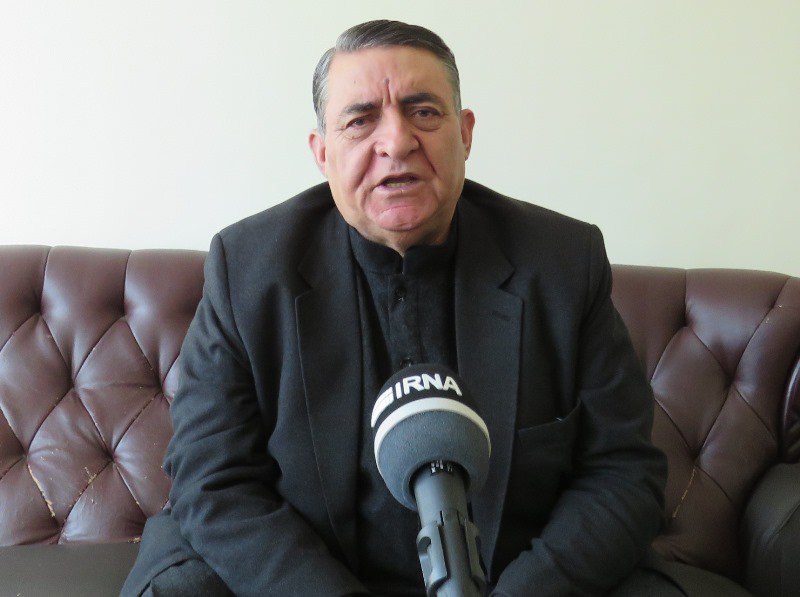RASC News Agency: In a detailed political analysis, Afghanistani commentator Ahmad Saeedi warned of the dire consequences a potential military conflict between India and Pakistan would entail, stressing that the implications would extend far beyond the borders of the two nuclear-armed nations. He clarified that his assessment was a strategic forecast rather than a prediction of inevitable war. Saeedi referenced the recent diplomatic tour of Iranian Foreign Minister Abbas Araghchi to Pakistan, which is expected to continue in India. He noted that Iran, in coordination with several other regional powers, is attempting to mediate tensions and prevent a confrontation between South Asia’s two most powerful military forces.
Examining both countries’ military capabilities, Saeedi highlighted India’s procurement of Rafale fighter jets and the advanced S-400 missile defense systems, while Pakistan has bolstered its air force with J-10 combat aircraft and HQ-9 missile platforms. According to Saeedi, these arsenals represent a dangerous equilibrium any miscalculation or escalation could spiral rapidly into full-scale war. “The consequences of such a conflict could be catastrophic,” he asserted, warning of mass civilian casualties, large-scale displacement, and the destruction of critical infrastructure. He noted that, while the use of nuclear weapons remains unlikely, it cannot be ruled out entirely. The lack of efficient communication channels between New Delhi and Islamabad, he added, further amplifies the risk of misunderstanding and inadvertent escalation.
Economically, Saeedi forecasted severe repercussions. He emphasized Pakistan’s fragile financial position despite a recent $7 billion loan from the International Monetary Fund. A war, he argued, could lead to investor withdrawal, currency devaluation, and runaway inflation in both countries. “The economic pressure,” he said, “would be overwhelming.” Saeedi also warned of transnational fallout. He projected that a surge of Pakistani refugees into neighboring Afghanistan could overwhelm its already volatile economy and saturated job market. Similarly, countries like Bangladesh, due to geographic proximity and economic ties, might face secondary shocks in the event of a regional conflict.
In terms of international alignments, Saeedi predicted that China would likely extend support to Pakistan. Conversely, France one of India’s key defense suppliers and members of the regional Quad alliance, including Japan and Australia, might voice diplomatic backing for India. He named Russia, Iran, Bangladesh, and the United Arab Emirates as probable neutral actors, potentially stepping in to mediate and facilitate de-escalation. Concluding his analysis, Saeedi noted that while many global powers would strive to prevent an outbreak of war, others might exploit the crisis to serve their strategic interests. “It is imperative,” he emphasized, “that diplomatic efforts intensify before the situation reaches an irreversible tipping point.”






